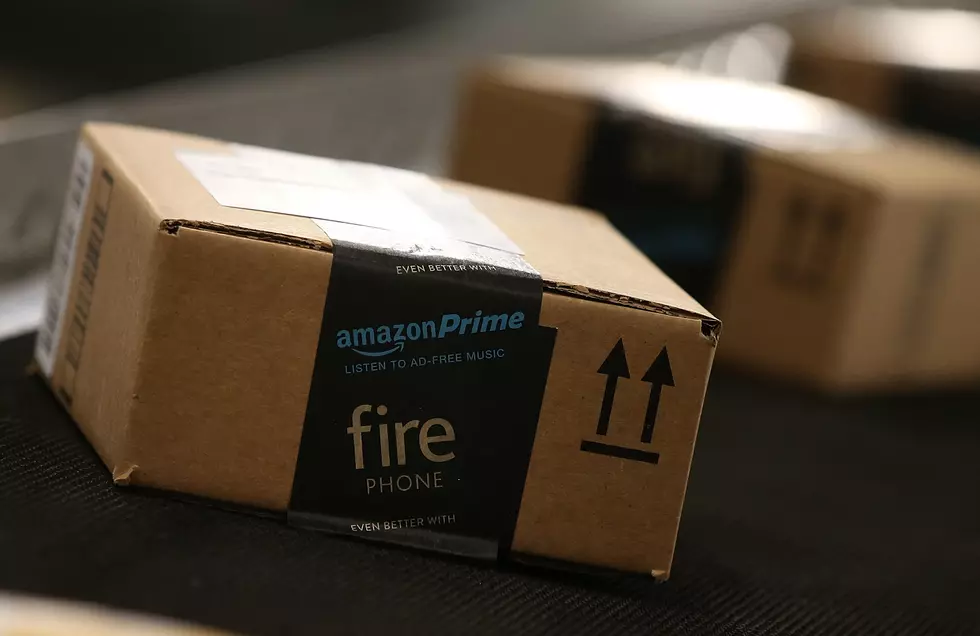
Can You Be Fired for What You Post on Facebook?
Most of us intuitively know that insulting your boss on Facebook is probably not the best idea, but what about other job-related opinions we have? More to the point, can you be fired for posting them?
A recent National Labor Relations Board hearing found that “overly broad” company policies regarding employees' social media activity is unlawful, but not protected by federal labor laws.
Sound a little confusing? Let us help out:
The ruling comes after the United Food and Commercial Workers Union, Local 371 filed a complaint against Costco Wholesale Company claiming their social media policy was a clear violation of the National Labor Relations Act.
The policy said, “Employees should be aware that statements posted electronically (such as online message boards or discussion groups) that damage the Company, defame any individual or damage any person’s reputation, or violate the policies outlined in the Costco Employee Agreement, may be subject to discipline, up to and including termination of employment.”
According to the NLRB, employees could interpret this policy as a violation of section 7 of the National Labor Relations Act pertaining to employee rights, therefore making it unlawful.
However, in regards to a case in which a car salesman was fired for posting photographs of a test-drive accident with the caption of “Oops” on his Facebook, federal officials found that the salesman’s termination was not unlawful since employee Facebook activity was not protected under federal law.
“We want to be sure employees know that under federal labor law, they have a right to discuss their wages and working conditions with each other, and to join together to try to improve them. Those rights have existed since the National Labor Relations Act was enacted in 1935,” said Nancy Cleeland, director of public affairs at NLRB.
While social media posts relating to things like working conditions and wages are protected by the National Labor Relations Act, it is important to understand that posts with photos are not protected speech and therefore not protected by federal labor law.
[ABC News]
More From WFNT









